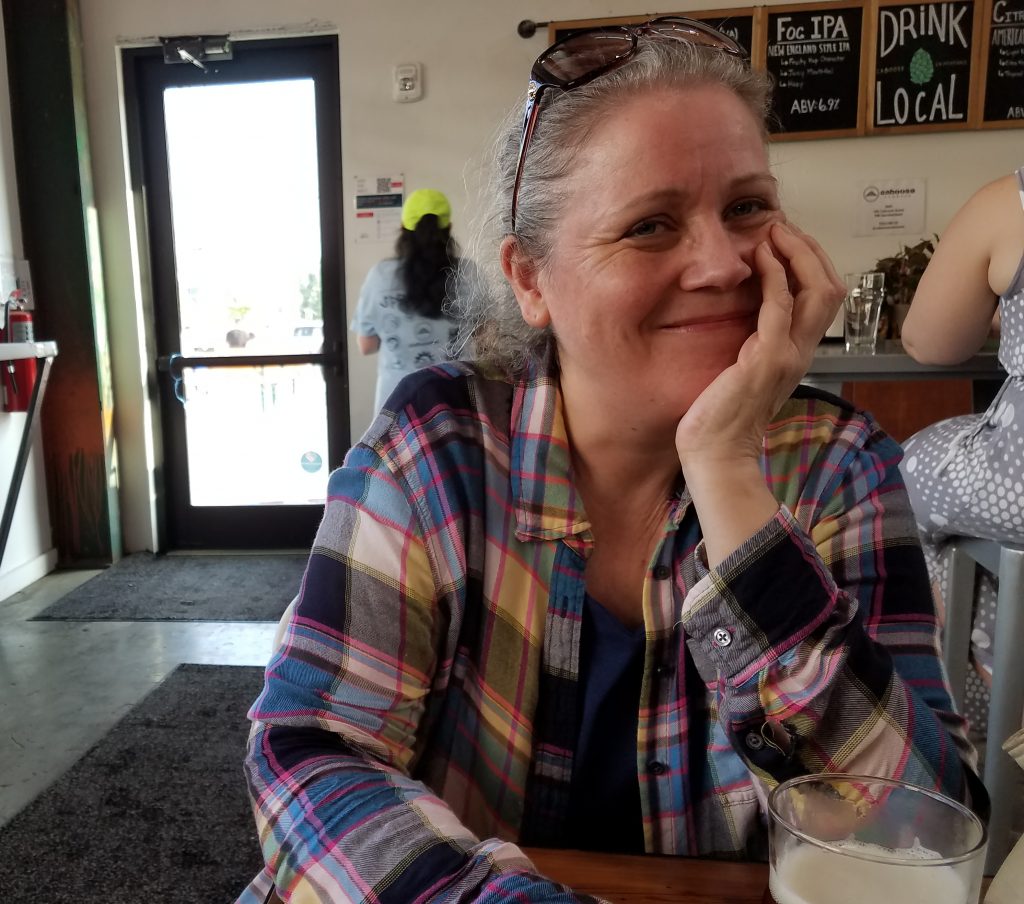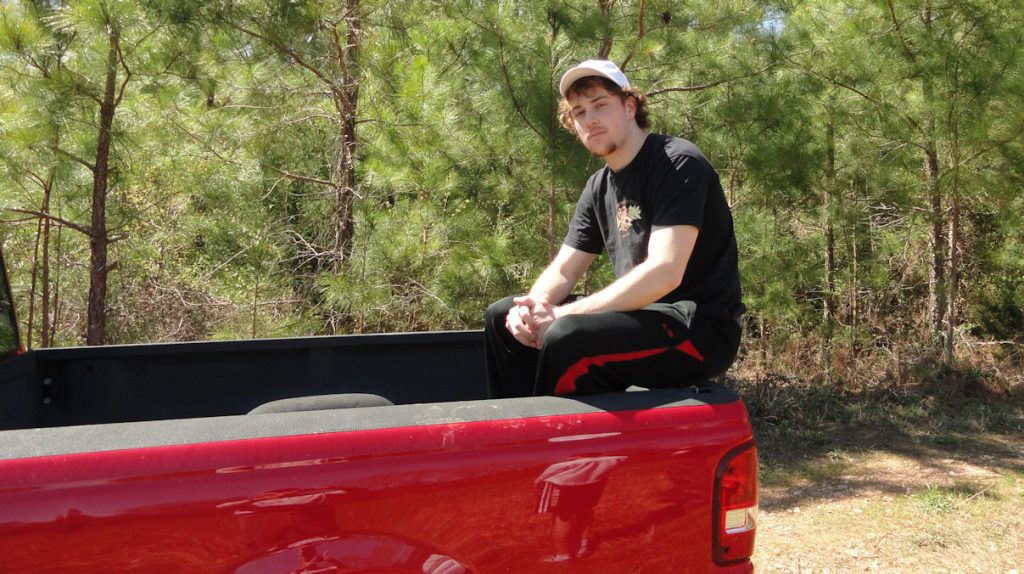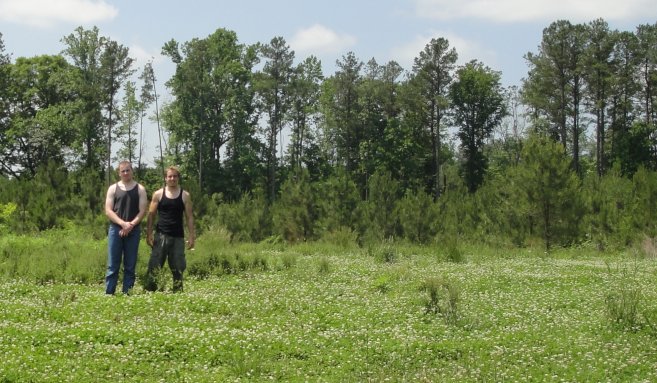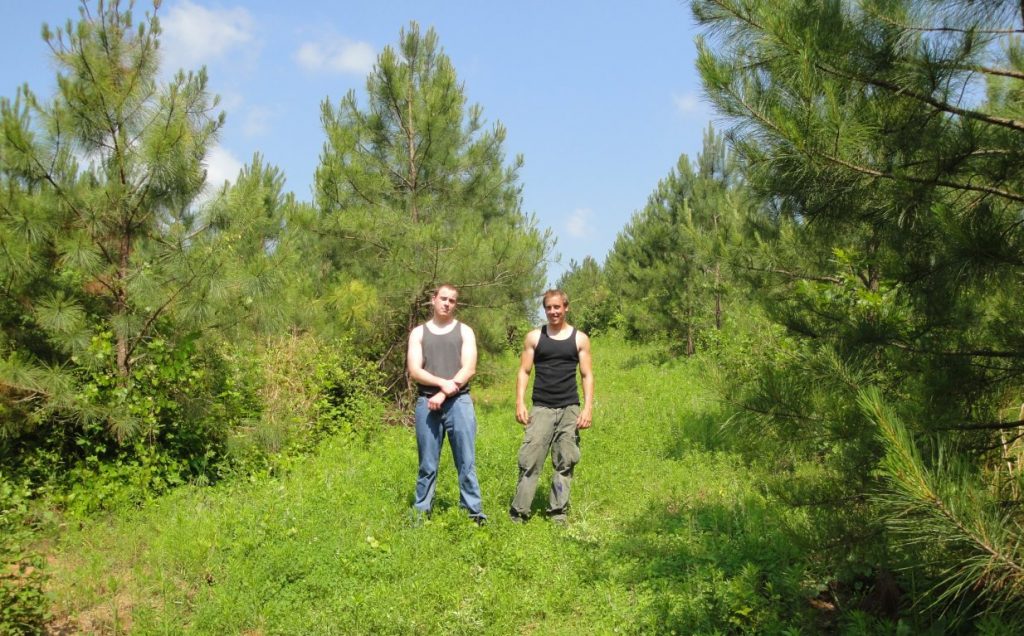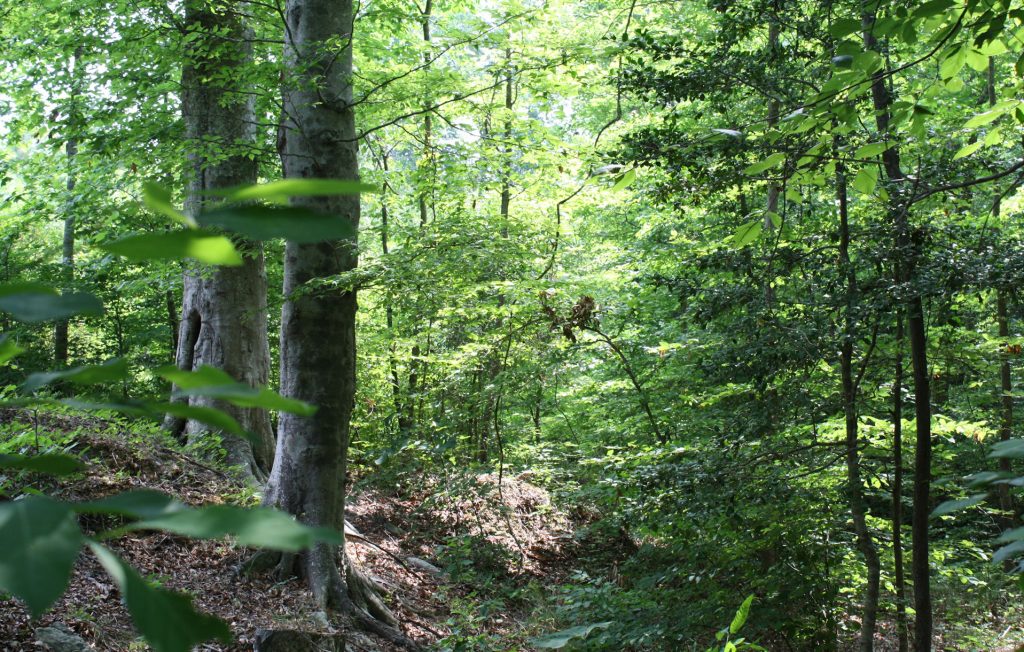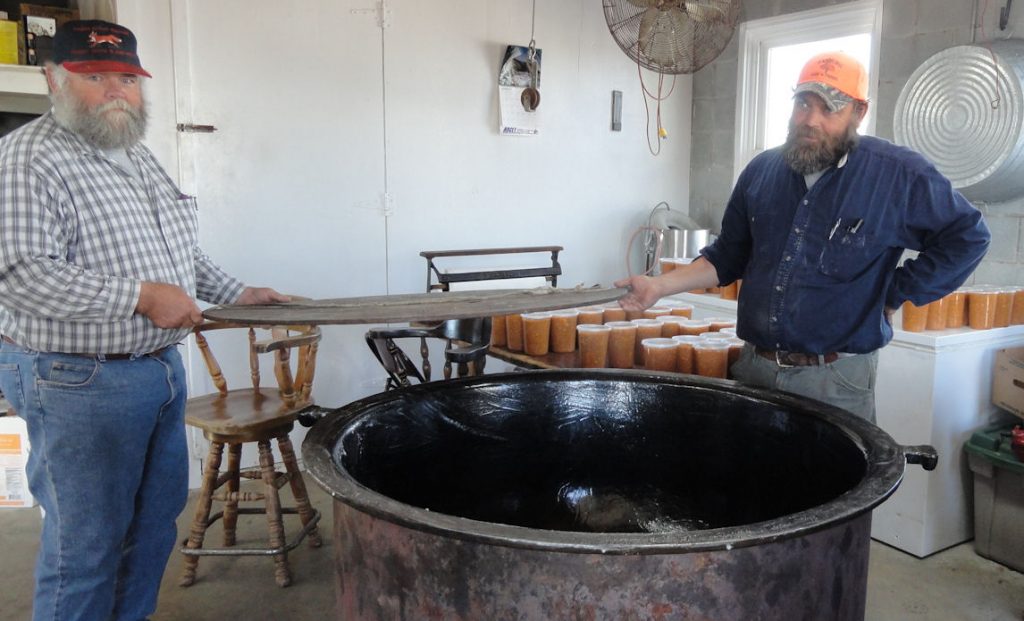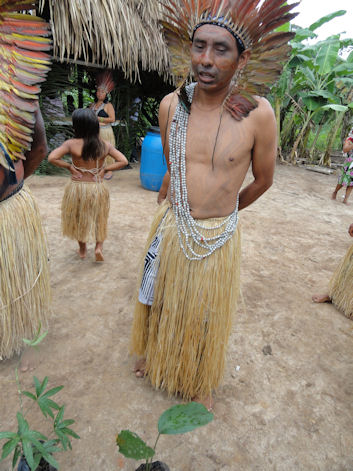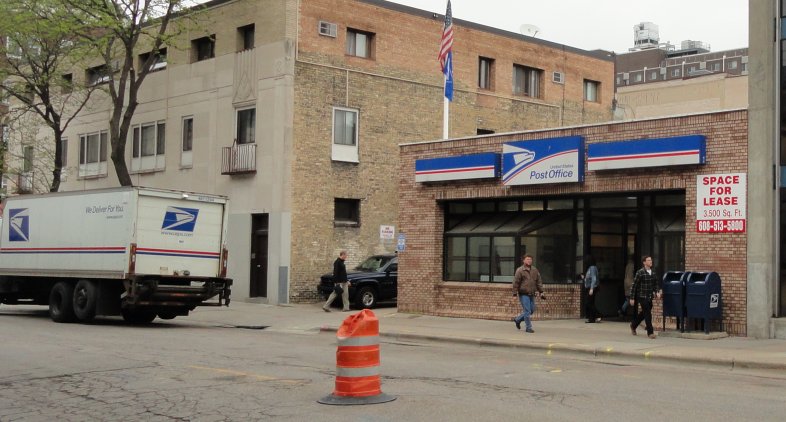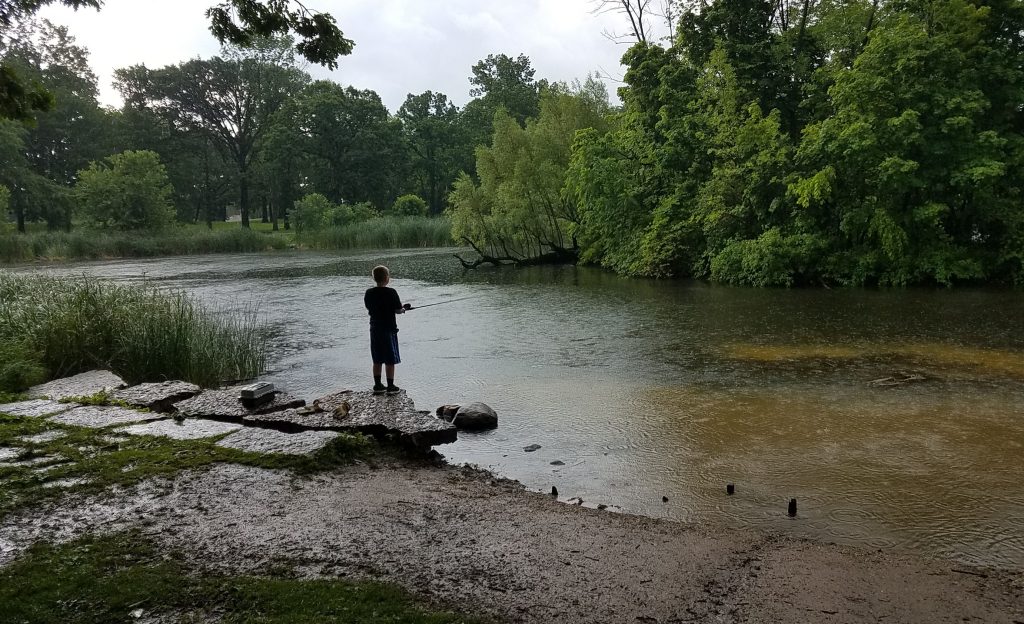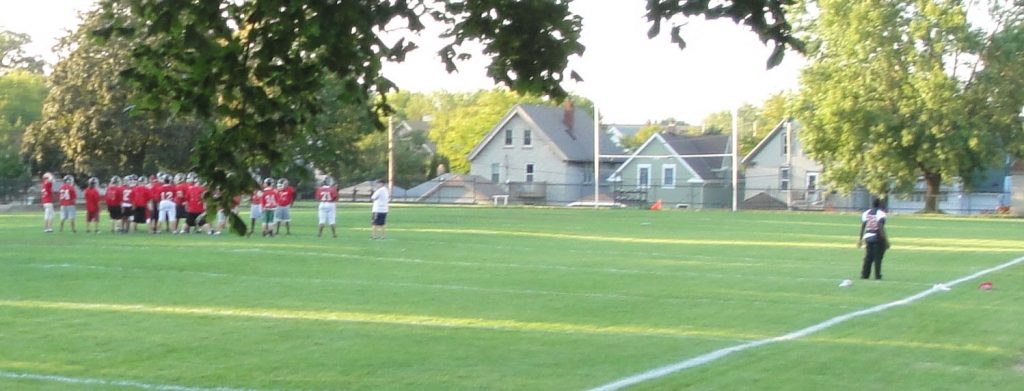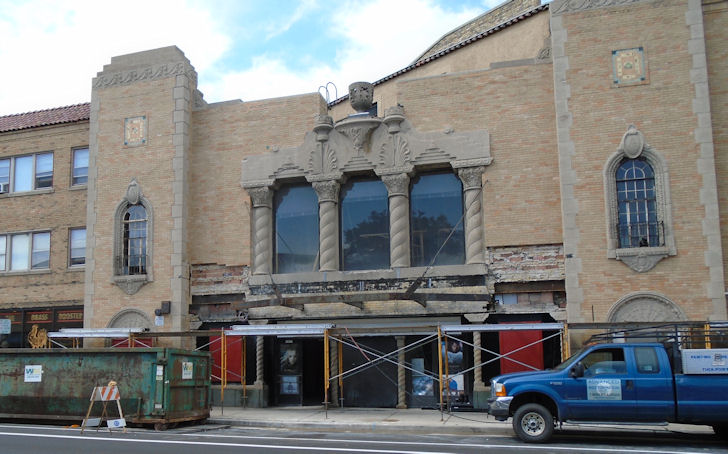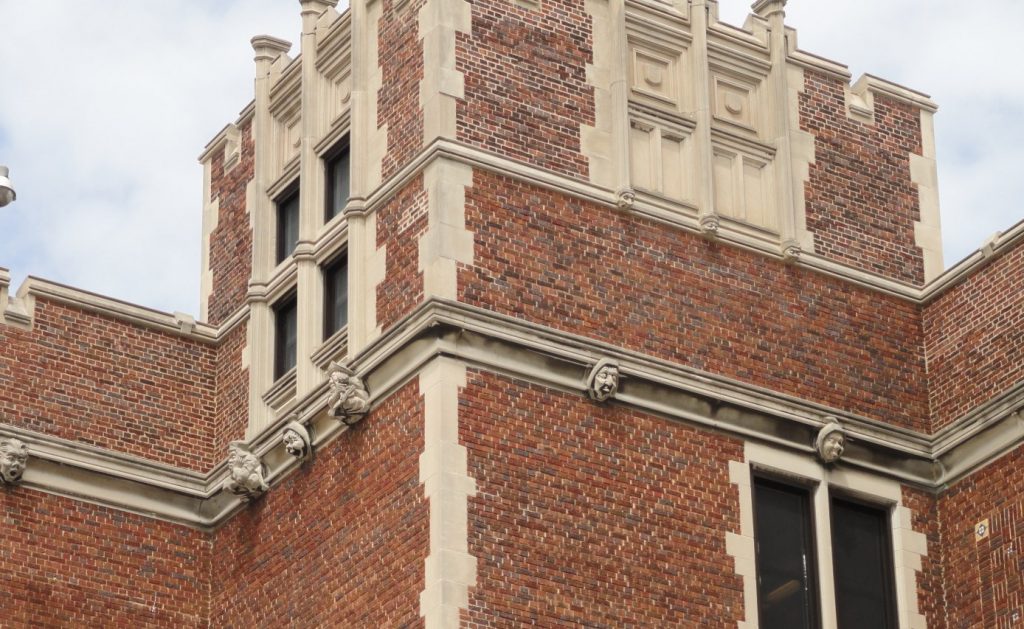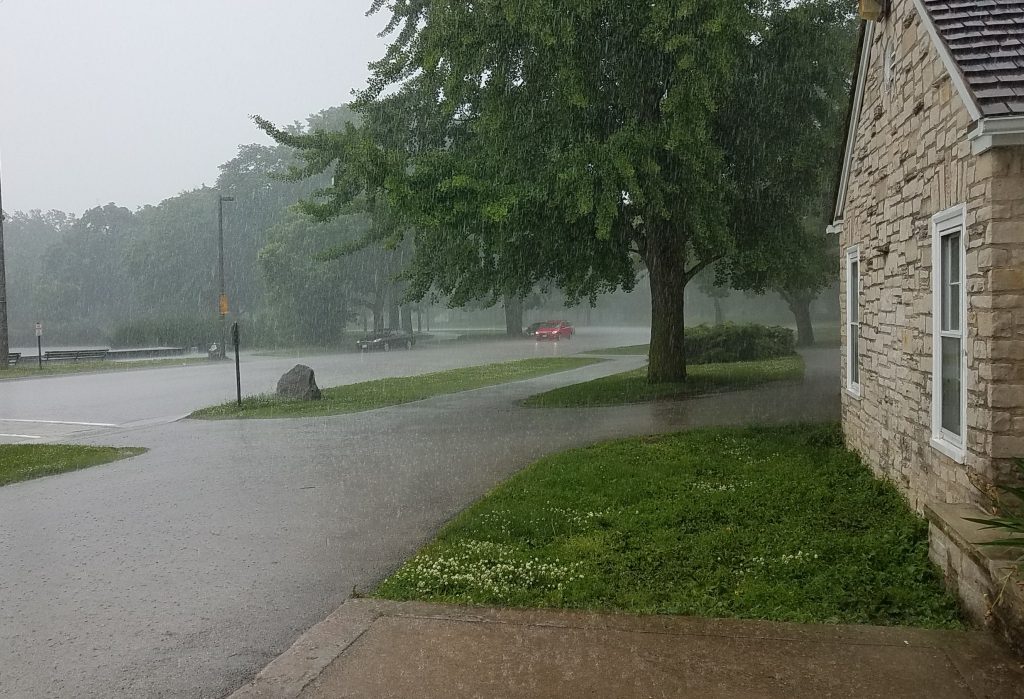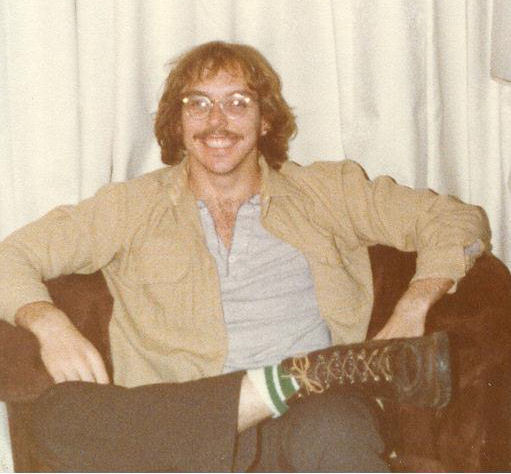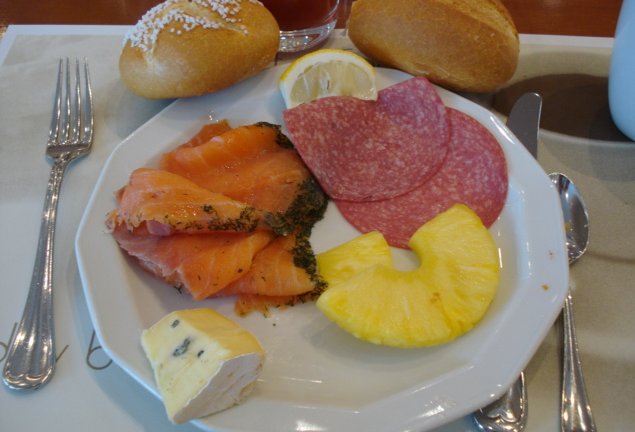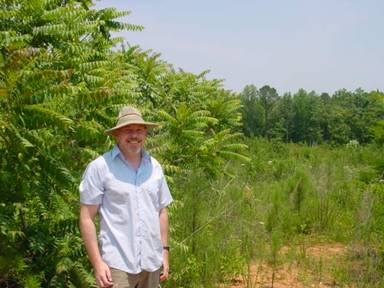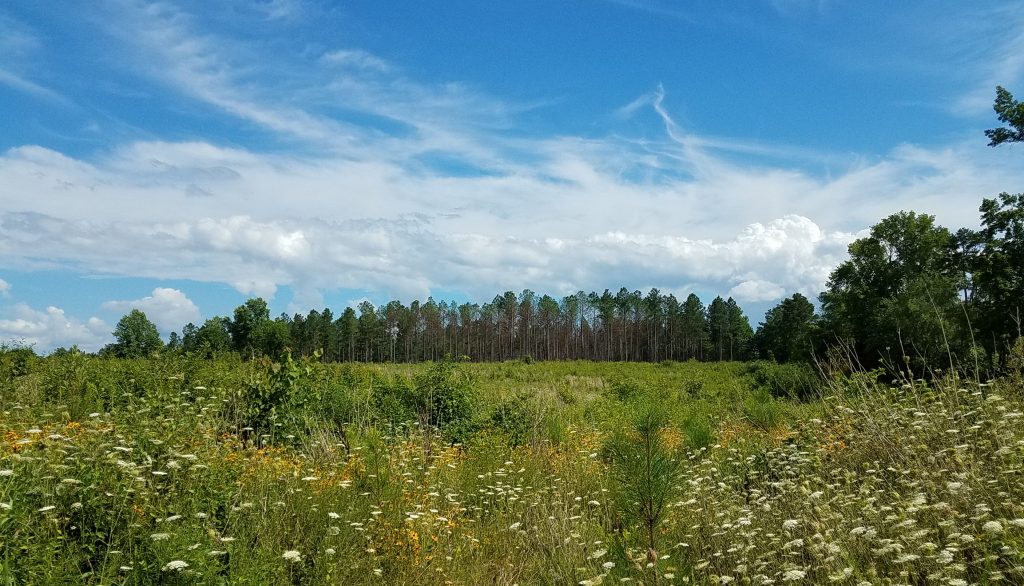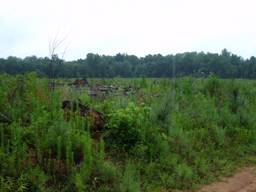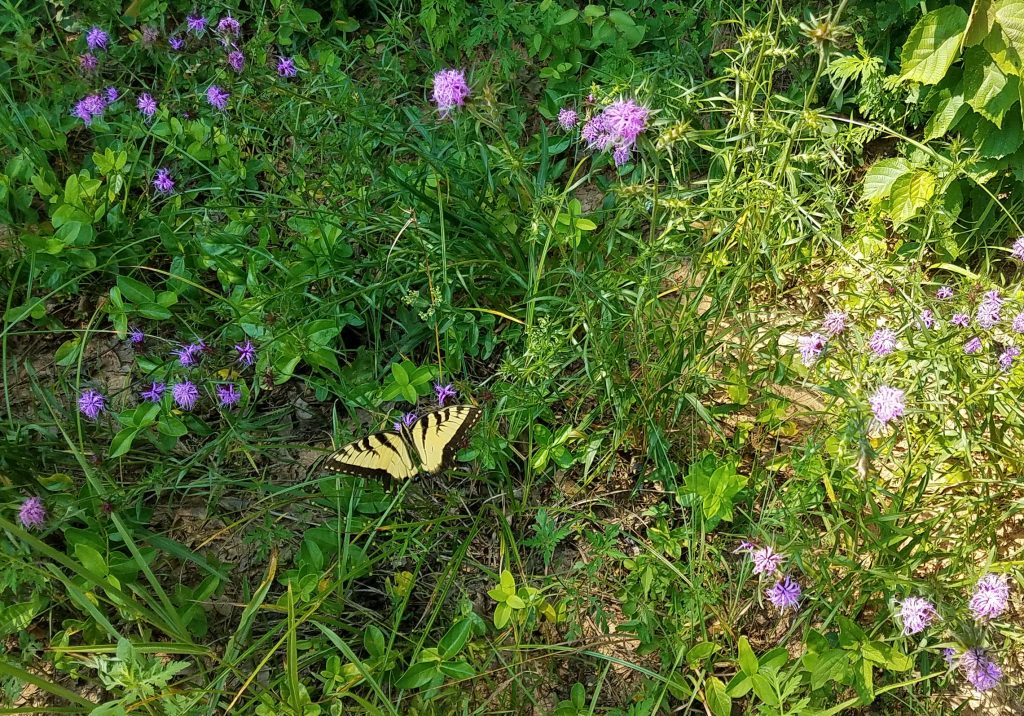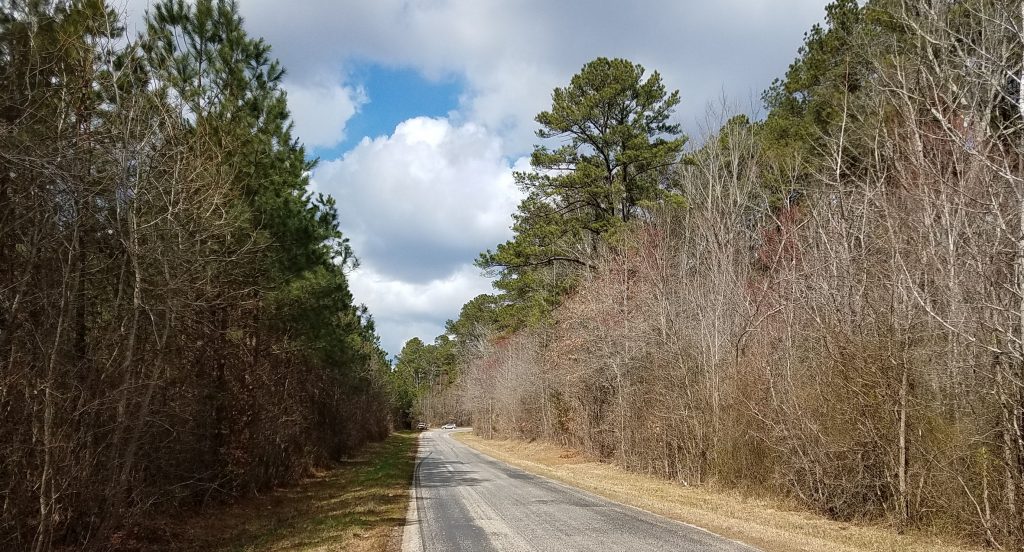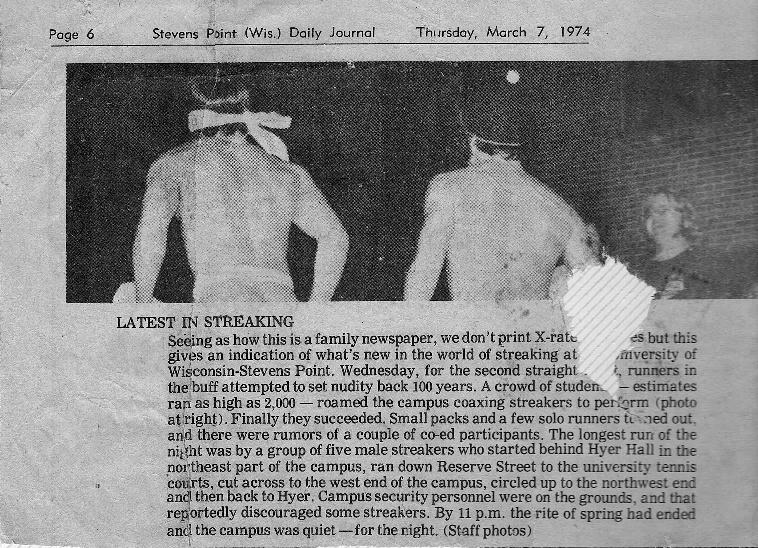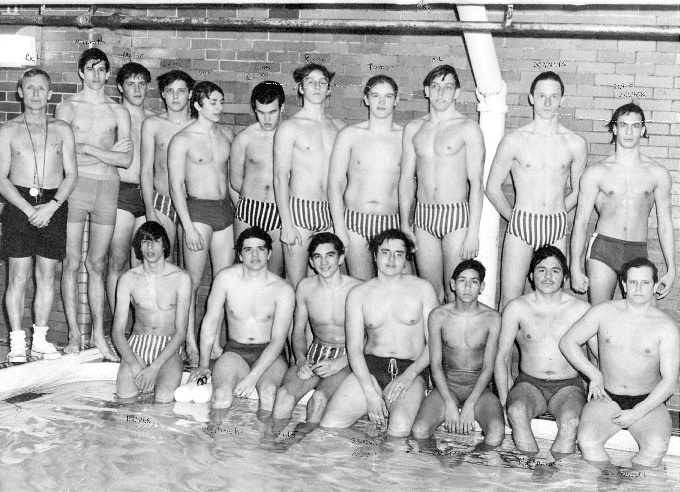My story worth – How has the country changed in your lifetime?
The surprising success of a fundamentally lazy man
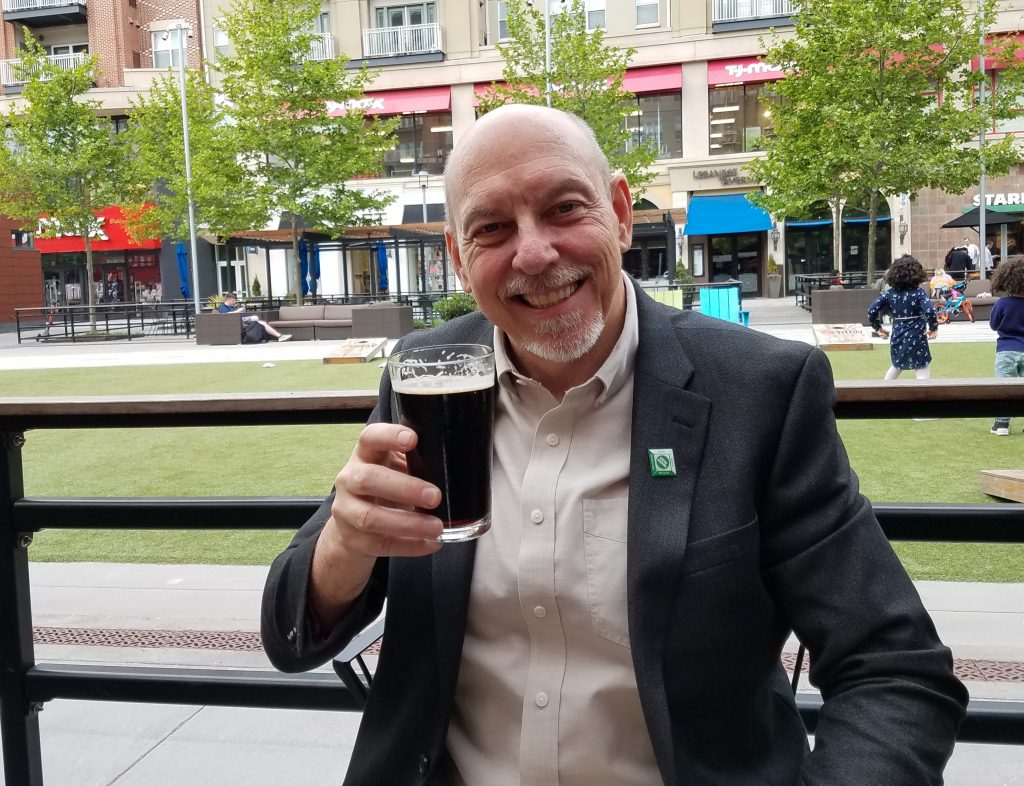
I thought of writing a book about my life’s experience. I didn’t get very far, but I came up with a title – “The surprising success of a fundamentally lazy man.” I am not saying that I was not active, but rather that I was always very lucky and did not have to exert myself doing lots of things I did not want to do. My luck, however, was not the windfall type. My sort of luck has been the changing environment in our country. On several key occasions, conditions developed in ways that suited my peculiar talents and predilections, so I have a personal view of how the country changed in my lifetime.
My chances would not have seemed that good when I was born in 1955. There were fewer opportunities for people like me. My father, like everybody else in my family and neighborhood, was a worker. He was intelligent and a hard worker, but those were the kinds of opportunities available to people like him. Nobody had a college education. My father never even graduated high school. Nobody traveled internationally except at the invitation of their Uncle Sam to fight in Europe, the Pacific, the Korean Peninsula or Vietnam. There is no reason to believe my life would have been any different had I been born a few decades earlier.
Right time and right place
But things were changing, and it was good to be born in America in the 1950s and this was my first bit of good luck. Call it “American privilege” along with “temporal privilege,” i.e. right place at the right time. America had become the richest and open large society in the history of the world and opportunities were everywhere. This lucky break was further enhanced by an emphasis on science education and physical fitness in school in response to perceived threats by the Soviet Union. When the Russians launched Sputnik, the USA responded urgently, and a generation of Americans benefited. It was like standing on an escalator. I am not saying that individual effort was not important, but we were all moving up. So, I grew up in the Space Age and was immensely proud to watch Americans bouncing around on the moon. In all candor, the images were bad, and our crappy TV made them worse, but it was enough to know that they were up there. The moon would never look the same.
Boomer babies and the generation gap
My generation was part of the baby boom, the largest generation of Americans. Each generation must reestablish civilization by converting barbarians (i.e. young people) to the ways of civilization. Our generation almost overwhelmed the system. There were more of us and more of us went to college than ever before. Our parents’ generation was much less educated. Many of us were the first in our families to go to college, and that made some of us think that made us better than those on whose shoulders we stood. It created a “generation gap” and the young often rejected the values of their elders.
“When I was a boy of fourteen, my father was so ignorant I could hardly stand to have the old man around. But when I got to be twenty-one, I was astonished at how much he had learned in seven years.” – this quote attributed to Mark Twain. The whole country went through something like this in the 1960s.
Not just for rich kids anymore
And opportunities were becoming more widely available. I have often quoted what my father told me when I told him about the Foreign Service. “Don’t bother. That’s only for rich kids,” he said. He was wrong for me and my generation but probably right for him and his. People like my father could not aspire to something like the FS, if they were even aware that it existed (usually not). That clearly changed in my generation.
The 1960s were a time of great change. Technically, the 1960s started in 1960 and ended in 1970, but if you look to how events played out, it is more accurate to say that the 1960s started with the Kennedy assassination in 1963 and ended with the resignation of Richard Nixon in 1974. The 1960s produced a lot of change, much of it good especially in the area of civil rights, and the music was good, but the times were generally unpleasant and divisive because we were fighting a divisive war. The Vietnam war was permanently changed the way Americans saw their country and created political fault lines you can still see today. President Johnson fought the war at the same time he was expanding social programs. In the parlance of the times, he wanted both guns and butter. It worked for a while. We paid of it in the 1970s. Overspending in the 1960s and the breakdown of the post-war economic system stored up inflation and economic challenge. When OPEC quadrupled oil prices in 1973, the good times we had enjoyed since the end of WWII were not what we were living anymore.
A cold, dark and generally depressing decade
I graduated HS in 1973 and the country was embarking on a decade long series of crises. We had an energy crisis, a population bomb, an ecological crisis, and various political challenges. Even winters were worse. The 1976-7 & 1977-8 winters were record cold and snow, at least in the Midwest. We worried about global cooling in those days. In those years it had never been colder before and it has never been as cold since. Anyway, the 1970s sucked, and the prognosis was for worse. If I went back and told my younger self how life turned out, the young guy would not have believed it. During those dark and cold 1970s, however, technology was being developed that would help me personally. They were calculators and computers that could check spelling.
Technology takes away rote tasks
I am reasonably competent at math, but I cannot do arithmetic well. Similarly, I can write well, but I spell poorly. Arithmetic ability and spelling well are/were “threshold skills.” I would have had a hard time jumping over that threshold. Technology cheapened those skills. It is helpful to be good at arithmetic, but you no longer need it for math. Spelling is now almost optional. If I type anything near the word I want, the machine fixes it.
This is part of a very important change in America, but one that is almost invisible. Technology like this changed our point of view about the very meaning of intelligence. In that past, intelligence was associated with skills like doing arithmetic or being able to recall facts. This has changed. What matters today is capacity to assemble and relate concepts. The ability to add, subtract, multiply or divide columns of numbers is more a curiosity than a valuable skill. Just as power tools replaced human muscles, computer power has replaced human clerical and arithmetic skills. People used to do what machines do. In Dickens’ famous book “A Christmas Carol”, Scrooge’s employee, Bob Cratchit, is a computer. That is what they called people like him in those days. His job mostly consisted of doing arithmetic and filling in forms. Today, as Excel program does in seconds what Cratchit had to stay late to do on Christmas eve.
And the Internet
I dreamed the impossible dream in grad school. I envisioned a world where knowledge would just be available. I thought how great it would be if I could just search through the accumulated wisdom of the ages. I thought that would never be possible. The very rich could hire researchers. The rest of us could haunt used bookshops. The dream came through faster and better than I imagined. How much is the Internet worth? It does not appear on our accounts because it is free. How impressive is that? Today, I have better access to the world’s knowledge, to maps, charts and research than even a president had when I was young. We take it for granted now. It is so big that it is hard to see.
Diversity
America became much more open and diverse in my lifetime. In many ways, this was back to the future. America in 1910 was more diverse than America in 2010 in that there existed a greater variety of cultural norms and disparate lifestyles. It is true that most of the immigrants came from Europe, but a Polish peasant or an Italian worker in 1900 would have had less contact with Americans than just about anybody has today. The world is just much more connected today. But America in 1960s was the least diverse in our history. The Immigration Act of 1965 changed this. The 1960 census found that almost 89% of the population was white. Immigrants made up the smallest percentage ever of the American population. Immigration was the experience of our grandparents. We thought of it as a historical heritage thing. The country had gone through the homogenizing effects of the Great Depression, World War and Cold War. Most people had access to no more than three TV stations. We all watched the same things. (72% of Americans tuned in to watch the last episode of “the Fugitive” in 1967) Much of this changed in my lifetime. It is great to have the variety but maybe a little sad to lose the unity.
Healthy, wealthy & wise?
How would I assess the changes in my almost 64 years? America was great when I was born; it is even better now. Most of the thing I worried about as a young man were either problems solved, or situations transcended. I was profoundly worried about the environment. It is so much better now. I worried about the energy crisis. That has been transcended. We have our share of problems, but we are certainly healthier & wealthier than we were when I started to pay attention around 1970. You know the phrase is “healthy, wealthy and wise.” I do not think we have acquired much wisdom as a country and in fact maybe lost a little. The long prosperity did not make us so much complacent as resentful. It is odd in people so well off. We have magnified our little problems and they seem burden us more than some of the big problems faced by other generations. My father’s generation faced existential threats. They experienced real hunger in the Great Depression. Their world was almost destroyed in the great world war and they lived with the real threat of nuclear annihilation. Yet they persevered and gave us a fantastic legacy. Maybe it would make us happier to be more grateful and less demanding.
We don’t know how good we got it.
My pictures are not related to the story. They are the usual beer photos, plus around Washington

